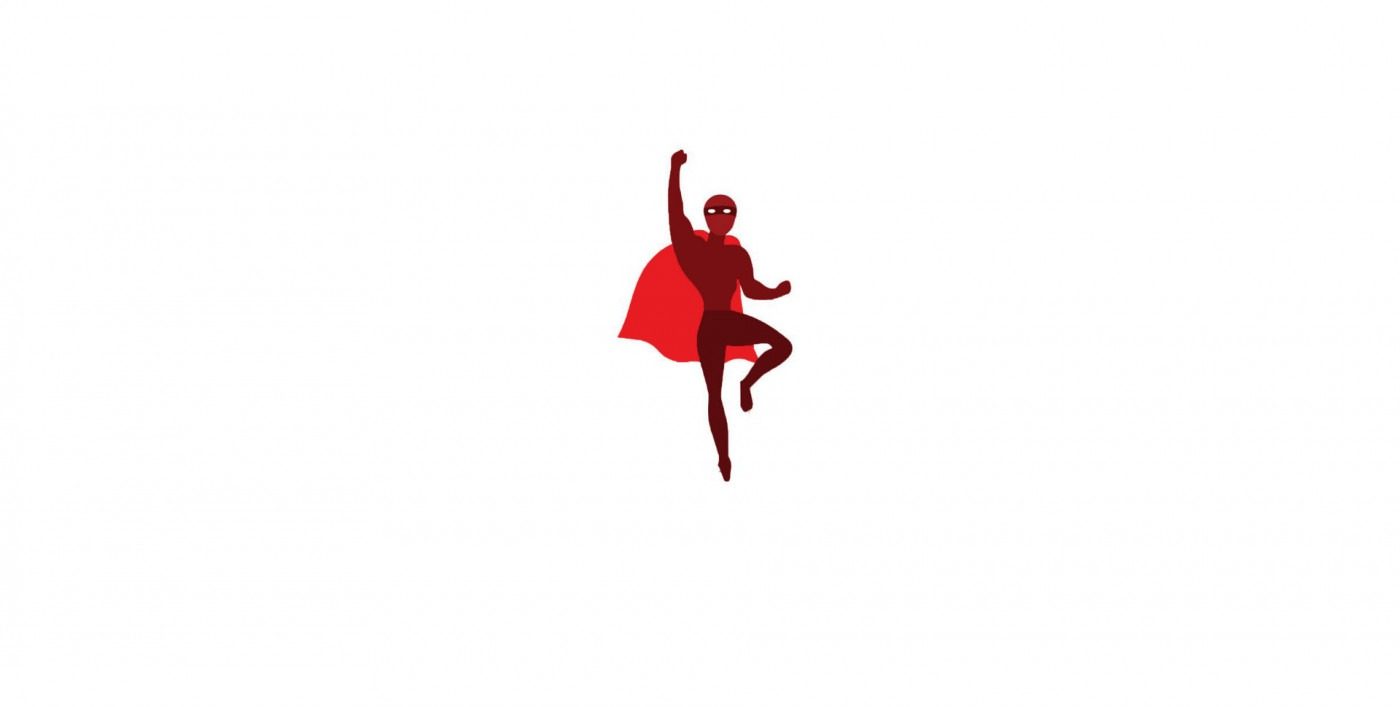Gen V: the refreshingly R-rated antithesis to superhero fatigue
Superhero fatigue is undoubtedly affecting the entertainment industry. The Marvel Cinematic Universe is being plagued by a sequence of lacklustre projects, and the less said about the DC Extended Universe’s situation, the better. And yet, like a phoenix arising from the ashes of mediocrity, Prime Video has delivered a superb take on the superhero genre yet again.
TW: eating disorders, mental illness.
Set after Season 3 of the brilliantly clever The Boys, Gen V builds on everything that made the original series so good. The show continues to be a metaphor for a variety of social issues, if not at a more adolescent, identity-discovering level, and introduces a host of new and compelling characters for the audience to invest in. The outrageous violence, gore and profanity remains on full display yet again, with the producers clearly willing to test the boundaries of the audience’s stomachs.
Gen V initially allows more room to sympathise with these enhanced individuals, focusing on how they were exploited by both parents and corporations
The show is set primarily at Godolkin University, a school for young superheroes (or supes) to develop their abilities and contribute to the world of crimefighting. Gen V differs drastically from The Boys in this respect, with the latter showing supes as being self-centred, power-hungry and amoral. However, at Godolkin University, the desire of aspiring supes to do good and help people is paramount, with main protagonist Marie Moreau representing the innocence of youth, compared to the sociopathy of fully fledged supes such as Homelander.
The perceived innocence of Gen V‘s ensemble of supes means that many viewers will face something of a moral dilemma when it comes to who to support. Whilst ‘The Boys’ primarily follows the story of the group of titular vigilantes in their fight against Vought and their superheroes, Gen V initially allows more room to sympathise with these enhanced individuals, focusing on how they were exploited by both parents and corporations since birth for financial profit. Therein lies the issue at the heart of the show – how can we support the humans when we know the horrible things that they have done to the supes, and how can we support the supes when we know the horrible things done to the humans?
A by-product of this desire to make the audience ‘see both sides of the story’ is that every character is fleshed out in a way that makes them compelling and valuable to the overarching narrative
Gen V truly makes the audience think about who they should root for. Even when it comes to the end of the line for the primary antagonist of the show, Dean Shetty, the scene is framed in such a way that makes one feel something for the character – is it sympathy, empathy, or something else entirely? A by-product of this desire to make the audience ‘see both sides of the story’ is that every character is fleshed out in a way that makes them compelling and valuable to the overarching narrative of this universe. We also spend several episodes learning about the tragic backstory of Sam Riordan, a young supe who suffers from severe schizophrenia and has been locked up in a dystopian prison-hospital for years. This context makes a particular moment in the season finale a true gut punch.
Speaking of death and violence, much of the criticism levelled towards ‘Gen V’ has been surrounding its extreme levels of vulgarity, nudity and brutality, and whether or not these are meaningful creative choices or sadistic and gratuitous figments of the writer’s imaginations. Whilst some of these scenes are utterly appalling and uncomfortable to watch, I would argue that these moments of violence are intrinsic to the story and reaffirm the idea that in a world with superheroes, realistically there are going to be gruesome casualties. This isn’t the world of the morally perfect ‘Man of Steel’ or the billionaire playboy philanthropist, this is the world where a ten-year old girl accidentally kills her parents and where a woman must make herself throw up in order to be validated by her superhero peers.
What Prime Video have achieved with ‘Gen V’, and will likely continue to achieve with subsequent seasons, is astonishing. In a world where their main rival is the formidable MCU, they have defied expectations yet again, with a counter to the increasingly unfunny and mediocre superhero genre, making ‘Gen V’ the true remedy to superhero fatigue.

Comments